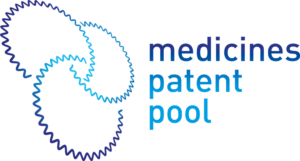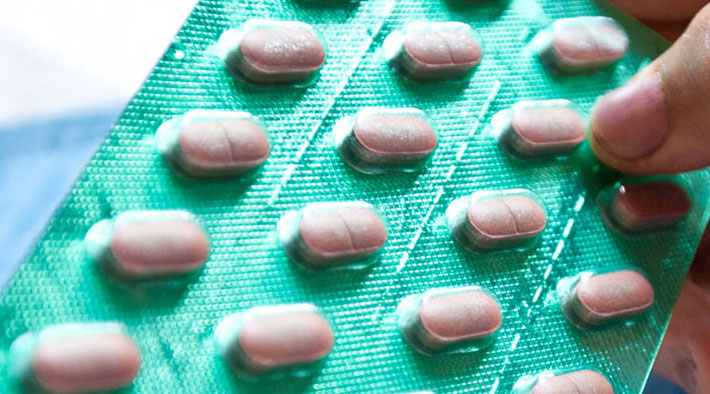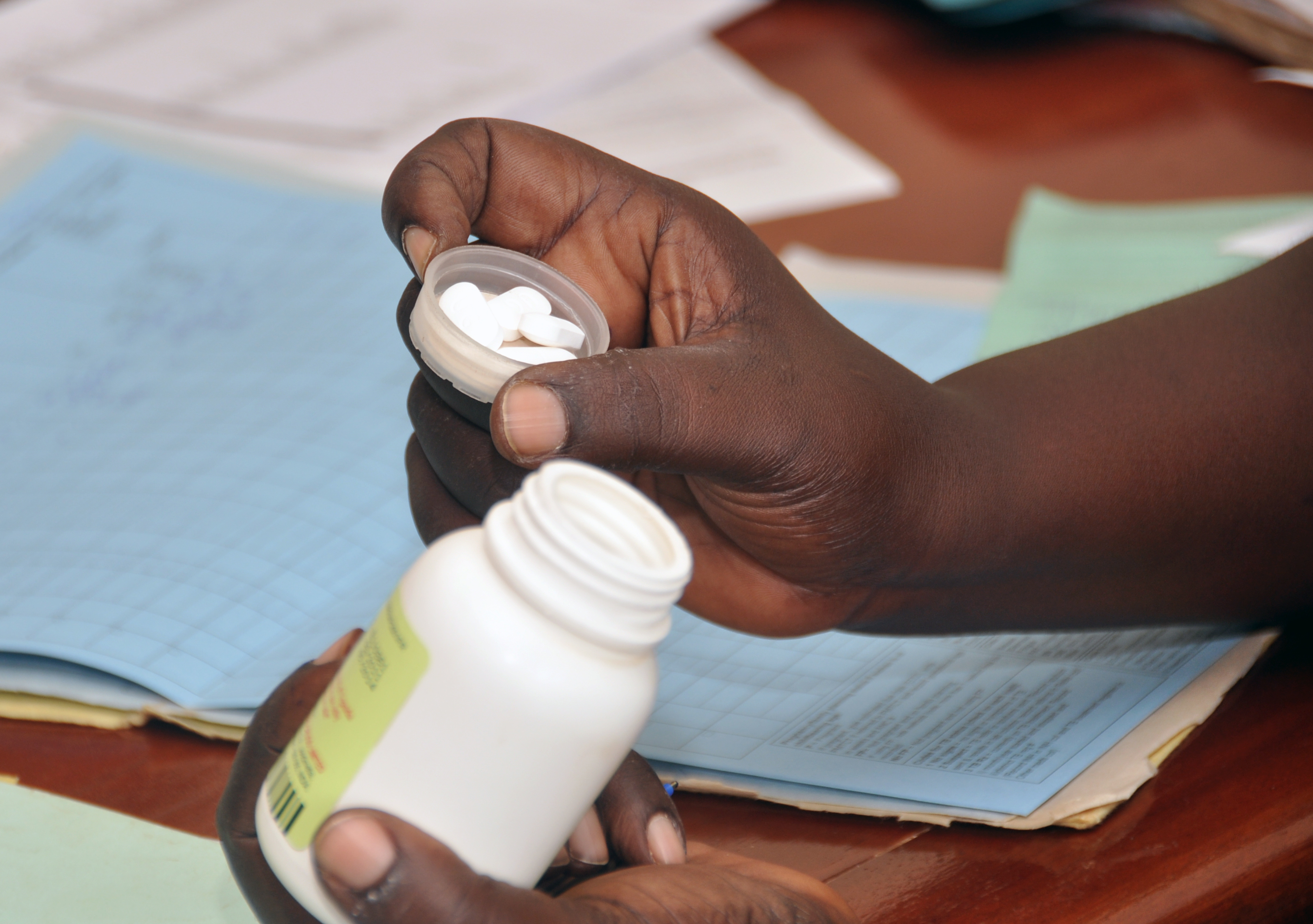The problem
Many low- and middle-income countries around the world do not have access to affordable, quality-assured and lifesaving medicines. To achieve Sustainable Development Goal 3: “Ensure healthy lives and promote well-being for all, at all ages,” essential medicines and health products must be accessible and affordable. Patents are intended to reward innovation, but they can sometimes contribute to significant gaps in access to quality, affordable, appropriate, safe and effective medicines and technologies.
Our response
Unitaid founded the Medicines Patent Pool (MPP) in 2010 and remains its primary funder. Together with Unitaid, MPP has played a critical role in addressing the availability and affordability of quality-assured medicines by negotiating voluntary licenses with patent holders. Building on its success in creating access to treatments for HIV, tuberculosis and hepatitis over the course of the first two grant cycles (2010-2020), MPP has now expanded its scope to include long-acting technologies as well as patented medicines that feature, or have strong potential for feature inclusion, on WHO’s Essential Medicines List.
Licenses negotiated by MPP permit other pharmaceutical manufacturers to produce generic versions of patented medicines for low- and middle-income countries that increase competition and help bring prices down. Licenses also provide the freedom to develop new treatments, such as pediatric formulations and fixed-dose combinations. Since its creation in 2010, MPP has revolutionized the access landscape for new treatments in lower-resourced countries, facilitating access to critical HIV drugs, hepatitis C antivirals and other essential health products.
Estimates show that by 2030, MPP’s licensing agreements will save more than 170,000 lives and generate US$3.9 billion in cost savings.






